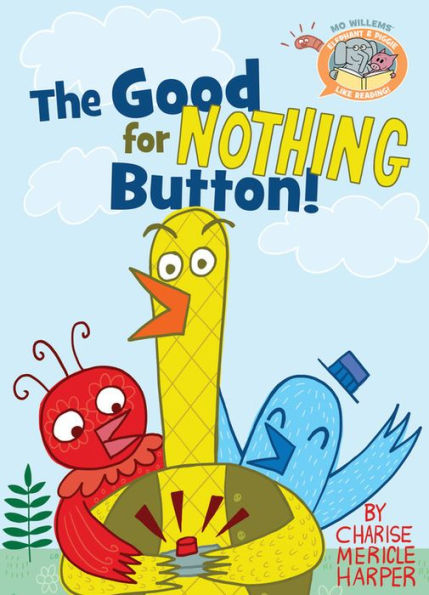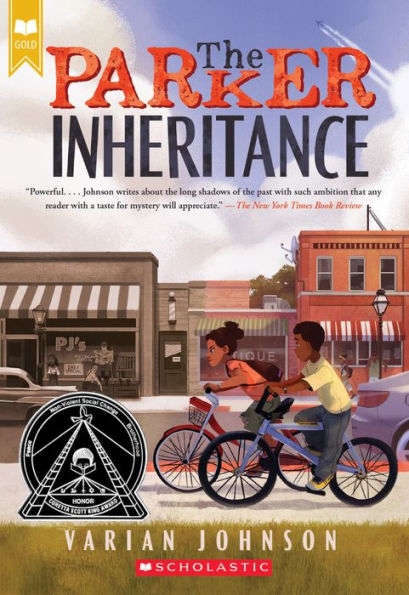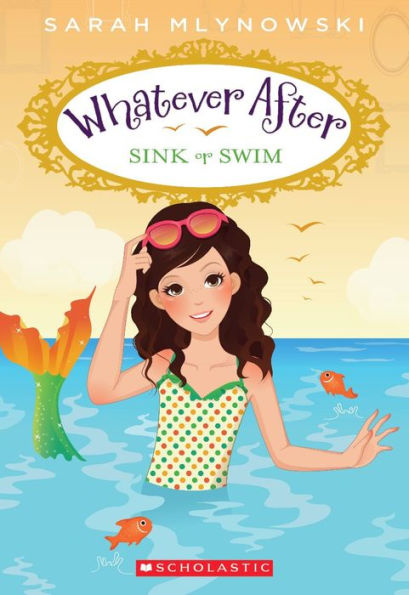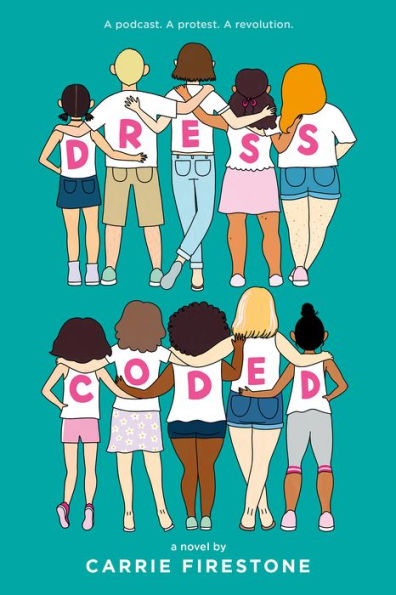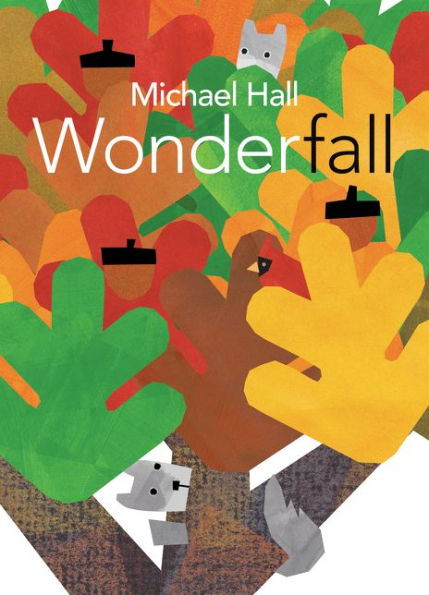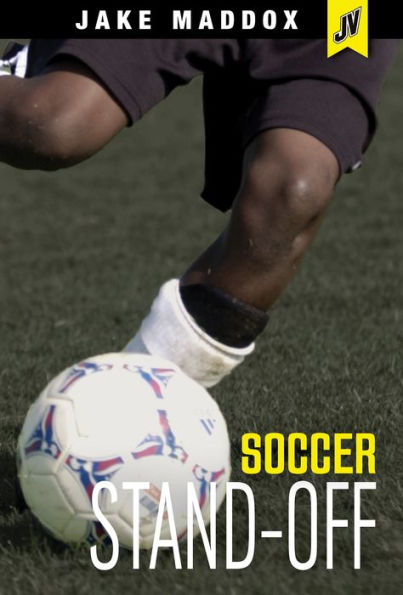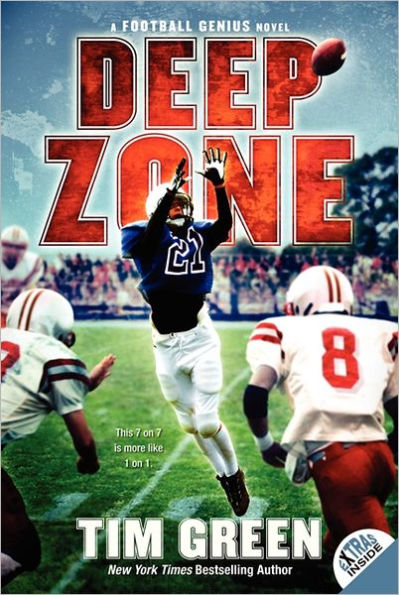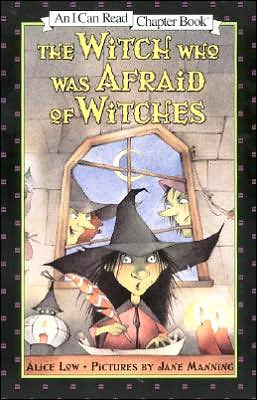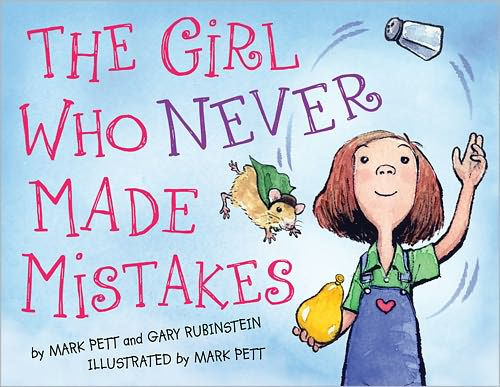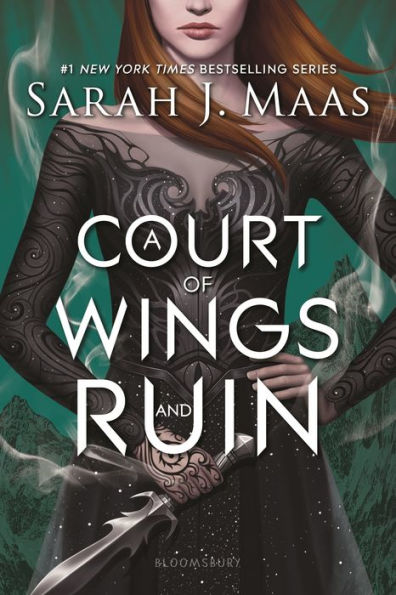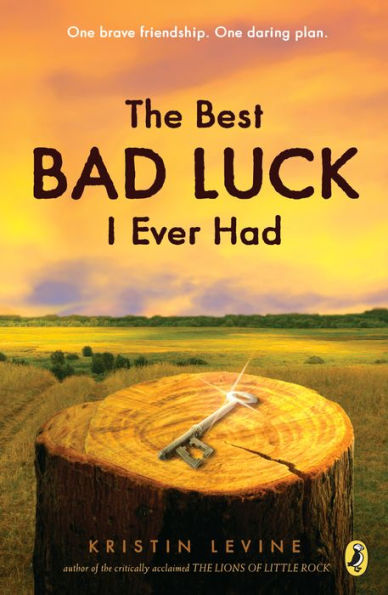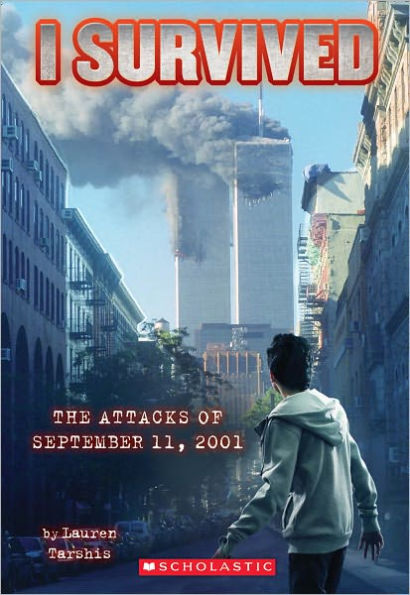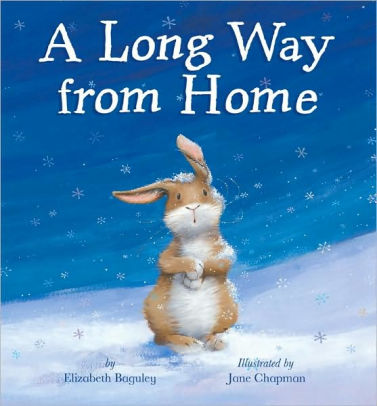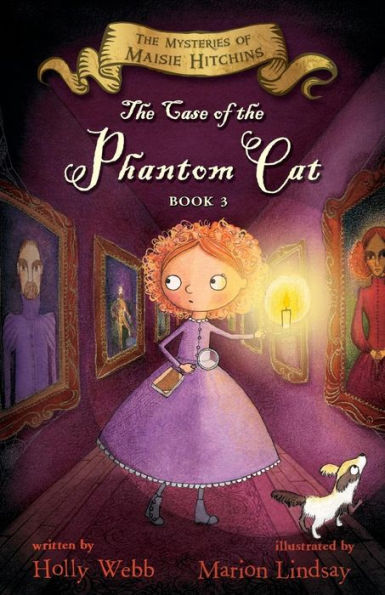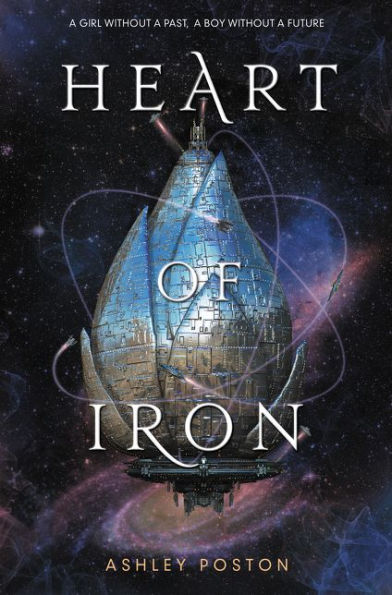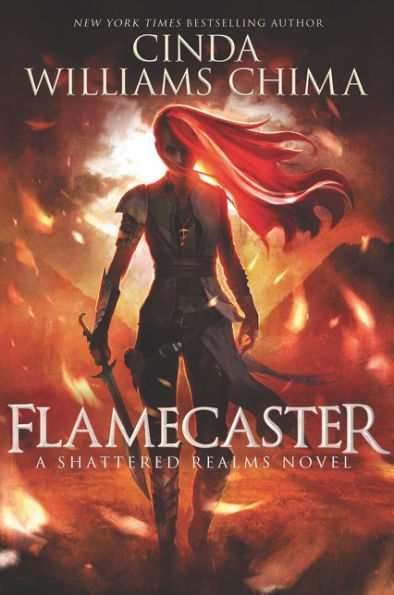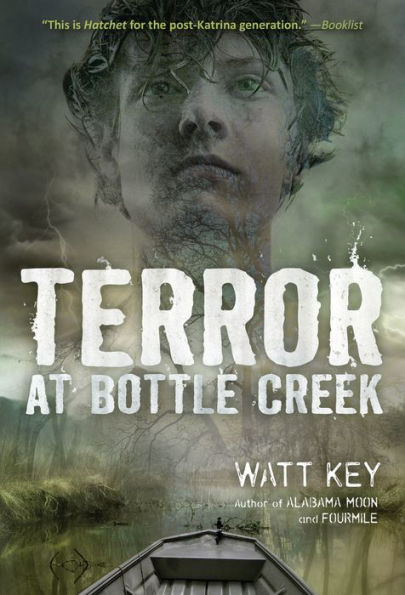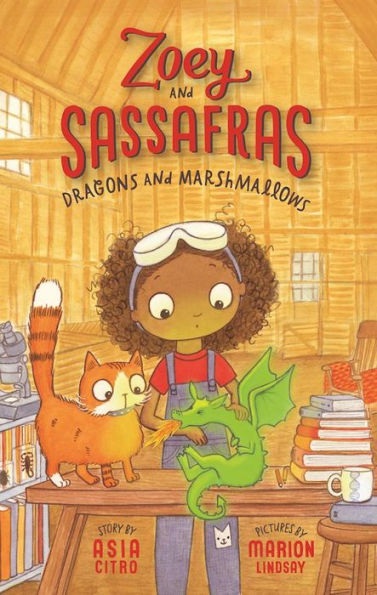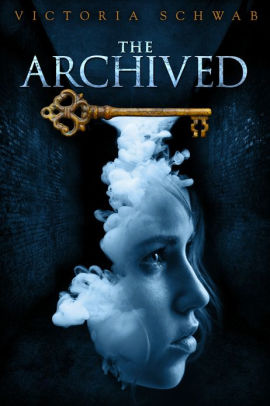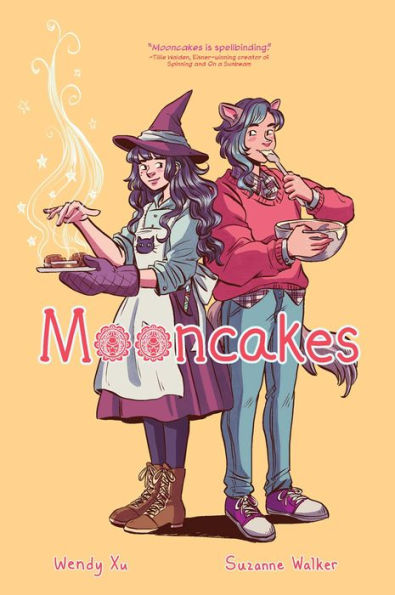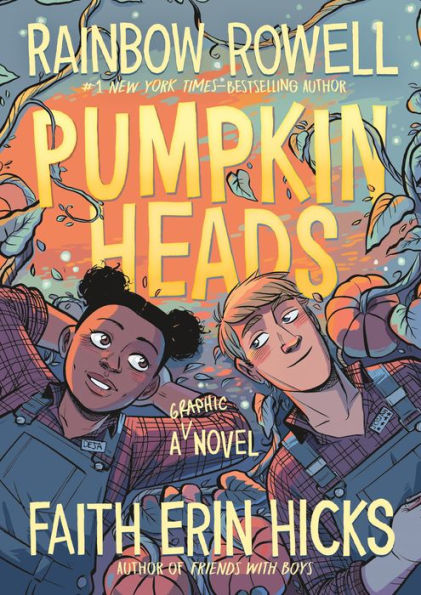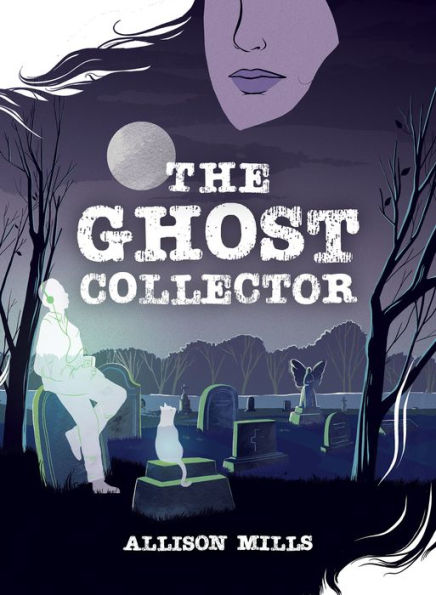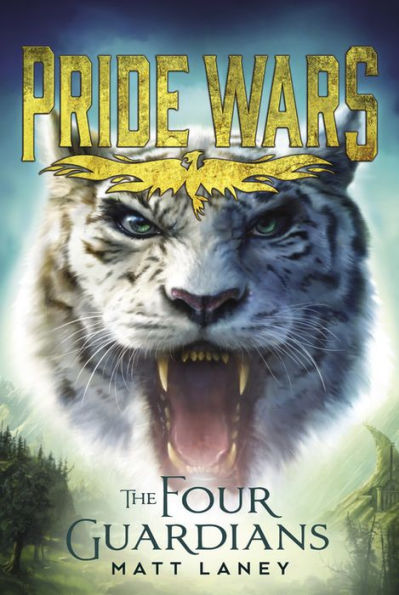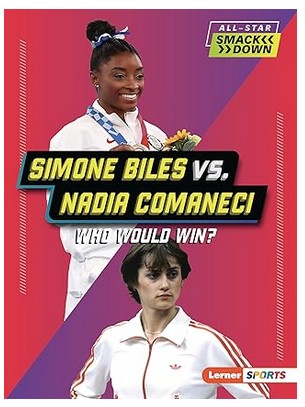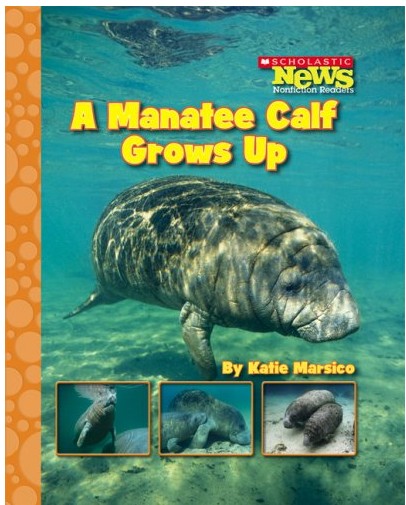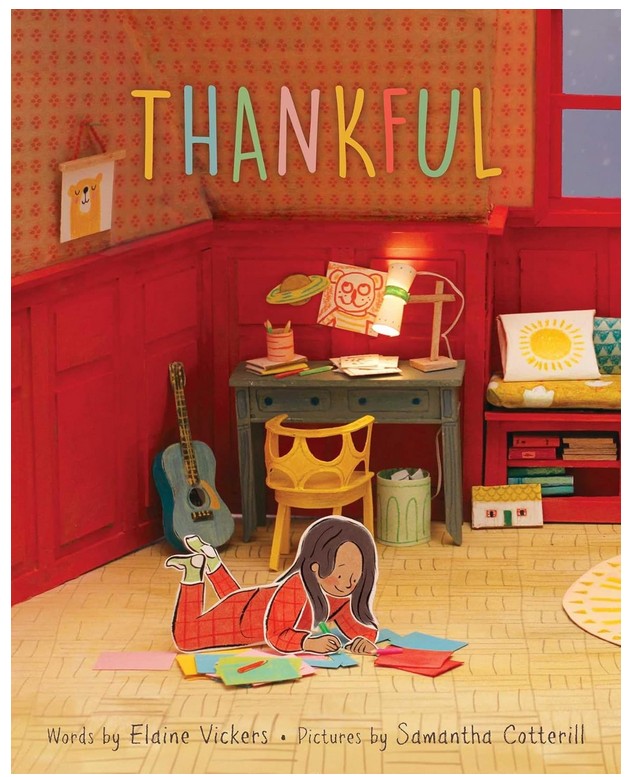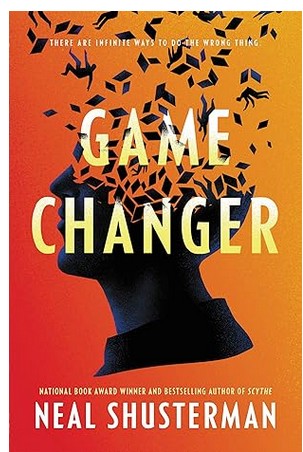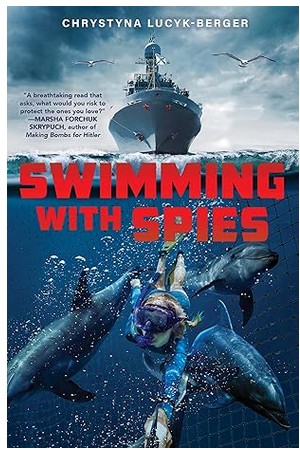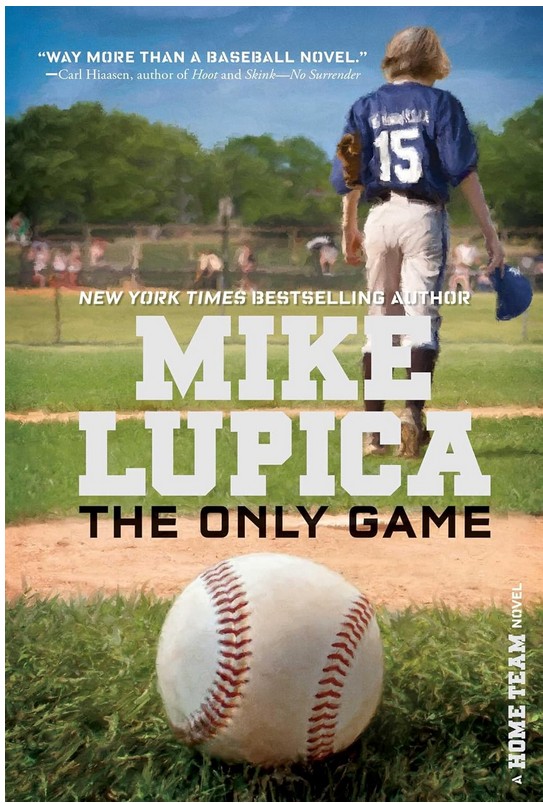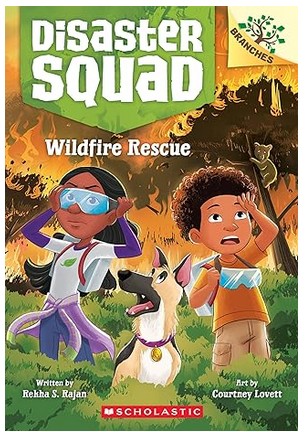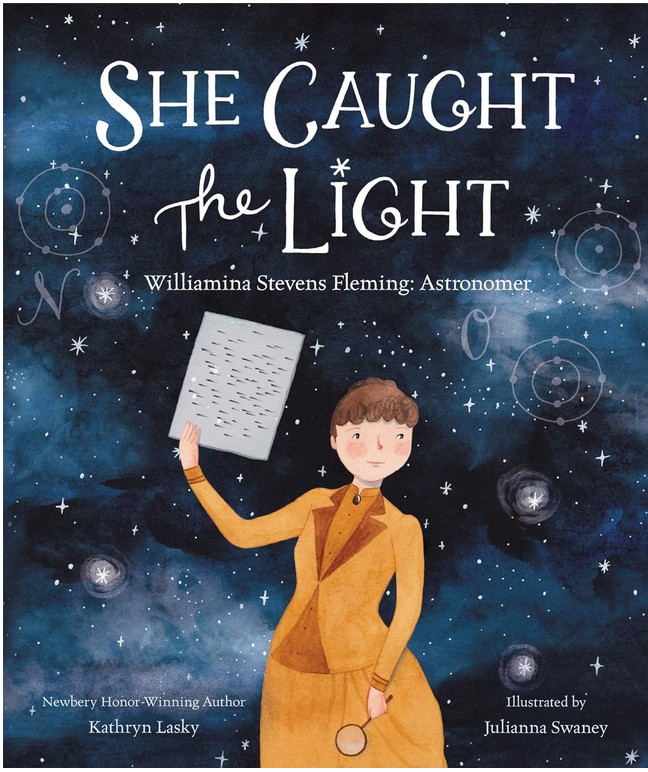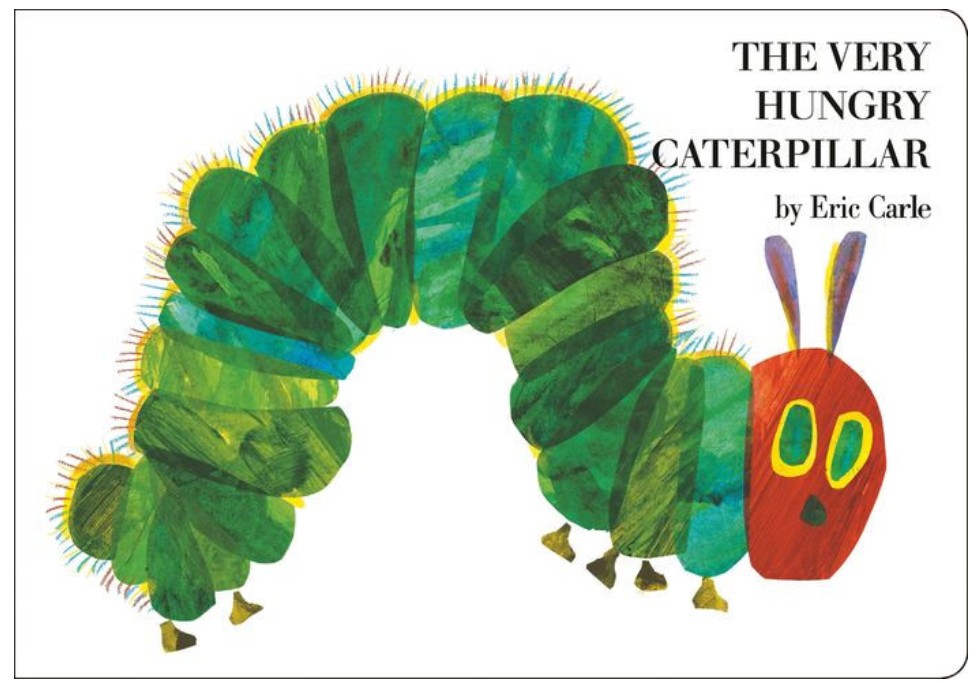Twenty years ago, when a deadly plague was sweeping its way through the Iron Kingdom, salvation came in the form of androids, known as Metals, created by Lord Rasovant to care for the sick without risk of infection. Seven years ago, the once benevolent Metals turned against the kingdom, attacking the royal family as they slept in the North Tower of the palace. Ever since, Metals have been something to be feared and controlled.
But seventeen-year-old Ana isn’t afraid of most things. As the adopted daughter of notorious outlaw, Captain Siege, she’s been raised to be a fighter. In fact, her best friend, D09 or Di for short, is one of the few remaining Metals in the Iron Kingdom. But Di’s memory core is glitching, and Ana believes the key to saving him lies on the Tsarina, a legendary spaceship lost to time that once belonged to the creator of the Metals. Ana would do nearly anything to save Di, including kidnap a member of the Ironblood nobility.
Robb Valerio has never believed that his father burned in the North Tower alongside the royal family. He believes that his father escaped on board the Tsarina, and he’s finally managed to secure coordinates that seem to point towards the lost ship. When Ana, Di, and their annoyingly handsome Solani friend Jax, kidnap him, Robb finds himself having to cooperate with criminals to get the information he’s desperately seeking. But the Tsarina holds more secrets than any of them anticipated, and as the past comes back to haunt them, it appears that Di and Ana might be the key to discovering what really happened in the North Tower all those years ago.
Ashley Poston’s Heart of Iron is an exciting Space Opera-esque story, loosely inspired by Fox Animation Studios’ Anastasia. It’s sci-fi geared more toward fairy tale fans than the truly scientifically minded. Poston takes classic fairy tale tropes—a lost princess, star-crossed lovers, an ancient evil threatening the kingdom—and mixes them with thrilling sci-fi elements like spaceships and androids. The resulting world-building isn’t the most unique, but it works as a backdrop for several plot twists and turns. The story relies heavily on the characters and their relationships, adding a layer of complexity to an otherwise standard plot.
Heart of Iron doesn’t focus on just one point of view. Instead, all four characters tell their own version of the story, which makes each of them compelling and intriguing in their own way. Stubborn fighter, Ana, will go to any lengths to save the people she loves but finds herself questioning everything when she learns the truth about her past. Charming Robb, who grew up fighting for his own interests among ruthless royalty, finds unexpected friendship among outlaws. Jax, a Solani with the ability to see into the future, struggles to come to terms with the idea of destiny. And then there’s Di, an Android grappling with what it means to love and be human. As their world is changing quickly around them, they must work together to survive.
Readers who are familiar with Poston’s previous work might expect Heart of Iron to have more in common with Starfield, the fictional space-opera TV show from the Once Upon a Con series, than the geek-tinged contemporary stories she’s primarily known for. Heart of Iron may be set in a sci-fi world filled with space-ship battles and evil androids, but the characters have all of the heart and humor one may come to expect from an Ashley Poston book. The ever-changing complexity of the relationships is what makes the book really shine. At its heart, it’s a story about learning how to love and be loved.
Sexual Content
- Ann is leaving to infiltrate an Ironblood party. Before she leaves, Ana kisses Di. “She pressed her lips, briefly, against his metal mouth.”
- When Jax and Robb are reunited on the wreck of the Tsarina, they share a kiss. “Robb’s mouth was hungry and desperate, tasting like honey and salt and surprise. Jax’s skin buzzed at their nearness, and he wanted to sink into the kiss and rebel, to be closer and a thousand light years away.”
- Ana jokingly asks Robb if there will be “drunken orgies” at the upcoming ball.
- When Ana and Di are reunited, she kisses him. “Ana pressed her lips against his. They were warm and soft. It was like the kiss from Astoria, a second, a moment, a breath—”
- Ana tries to apologize for kissing Di without asking first, but he pulls her in for a second kiss. Di “wrapped an arm around her waist and pulled her into another kiss, and she melted into him, pressing as close as she could, and still he wanted to be closer. Her fingers threading into his hair, his around her waist, moving exploring . . . His tongue tried the contour of her lips, memorizing her taste, her motion, her method. The kiss lit a million sins in between his zeroes and ones, and made him infinite.”
Violence
- Di has several dents on his body from different scrapes he’s gotten. Ana “felt bad for a particular ding on his forehead, but she had apologized a thousand times for accidentally running him over with a skysailer.”
- Ana and Di are tracking a weapons dealer who is attacked by a group of androids known as Messiers. Ana tosses a grenade as a distraction. “Giving it a good luck kiss, she lobbed the flash grenade high into the air. It arced across the domed ceiling—and exploded in a dazzling blast of solar white.” It’s implied that only the Messiers are injured in the blast.
- Robb tries to run away with the chip, but Di and Ana stop him. They get into a skirmish. “With a cry [Robb] reached for his sword—the girl tackled him from behind and slammed both him and the Metal into the door. It gave a groan and swung outward onto a staircase and into the grimy alleyway. He grappled for the railing, trying to catch his footing, but his ankle bent. He tumbled down the steps, striking his head against the cement.”
- Di and Ana run into some security Messiers. Di pulls the memory core out of one of them. Di “punched his hand into the weakest part of the Messier’s torso and ripped a small glowing square out of its body. Strings of optical wires came with it, stretching like sinew. With one final tug, the wires popped away. The Messier’s eyes flickered out, and it dropped onto the docks.”
- The waitstaff at the Valerio garden party is wearing Vox collars that would send “a thousand volts of electricity straight to the neck” if they made a noise.
- Robb implies that the last boy he was in a relationship with committed suicide by jumping out a window. “Robb had tried to talk him out of the window, laying their entire relationship bare to all the nosy, shitty people who watched from below. How words didn’t matter.”
- The Grand Duchess explains how the royal family died at the hands of Metals. “On the eve of the nine hundred and ninety-third anniversary of the Goddess, Metals laid siege to the Iron Palace and burned the North Tower where my family slept, destroying the heart of our kingdom.” The actual deaths aren’t described in great detail.
- At a party, Ana and Robb get into a fight. “Around them, Ironbloods applauded over the sound of their scuffle. Trumpets sounded as the Grand Duchess departed, so no one heard Ana slam her fist into his face.”
- Robb’s brother tries to stop Ana from escaping. He grabs her and “the girl slammed the back of her head into [Robb’s] brother’s face. Erik gave a cry and she twisted her wrist out of his grip. Blood poured from his nose and onto his crimson evening coat.”
- Messiers corner Robb and Ana as they’re escaping a party, and demand they return the chip with the coordinates. Robb defends himself and Ana with his lightsword. “Reaching back, he pulled out his lightsword and slammed the superheated blade into the middle guard, carving a line down its front like it was soft butter.” The description of the fight lasts about a page.
- As they escape, the royal guards shoot their skysailer out of the air, and Robb is caught in the fire. “He became distinctly aware of the pain in his side. Why did it hurt to breathe? He looked down. Blood stained the side of his favorite evening coat.”
- As they get off the planet, the royal guard shoots missiles at the ship that Ana and Di live on, the Dossier “The white-hot missile spiraled closer. [Jax] spilled the sails and drew them back into the sides of the ship, banking the ship left as hard as he could. The missile screamed past them like a streak of white and exploded.”
- Ana describes Talle, Captain Siege’s wife, as having “hands so steady she could slit a throat clean while navigating the skyways of Nevaeh”
- Jax catches Robb trying to escape the Dossier and they get into a brief fight. “Robb jumped away, spinning [the lightsword] behind his back to his other hand and sliced at [Jax]. The sword flashed through the air like a bolt of lightning. Jax cursed—nothing around to block the blade—and raised his arm. Jax saw Robb’s lips parting in surprise a moment before the blade slammed into Jax’s forearm. The lightsword bounced off like steel on stone.” The description of the fight lasts about two pages.
- Di and Ana sneak onto the Tsarina and are attacked by a Metal. “Di dodged as the Metal’s fist sailed past his cheek and sank into the wall. He planted his hand on the side of the Metal’s head and spun it under his arm into a headlock. The Metal didn’t even have a chance to parley before Di gripped it by its jaw and ripped its head clean off.” The fight is described over three pages and Ana sustains minor injuries.
- Robb watches Captain Siege kill a member of her own crew. “A bullet pierced Berger’s chest. A flower of blood bloomed on the grease-stained back of his spacesuit. He began to reach for the wound, confused, before melting to the floor.”
- Di and Ana encounter a violent, sentient piece of malware on the wreck of the It is controlling the Metals that attacked the crew. The malware attempts to overwrite Di’s code, and tells Ana, “You should have burned.” Di sacrifices himself in order to stop it. Di “hesitated for a moment—long enough to realize there were no good-byes. Then he shoved his hand into the console, wrapped his fingers around the hard drive, and pulled. The program retaliated, digging into his mainframe, clawing him apart.” Di’s body is damaged beyond repair, but his memory core is still functional.
- Robb’s mother sends ships to track down the Dossier. The crew is ambushed in a firefight and Captain Siege is injured. “Ana scrambled over to the captain lying on the floor a few feet away, grabbing a fistful of Siege’s coat to roll her onto her back. A nasty gash bled down her forehead, soaking into her black hair.” The firefight is described over three pages.
- Robb’s mother shoots one of her own soldiers with Captain Siege’s gun, providing false justification for boarding the Dossier. “The woman took Siege’s pistol out of its holster and fired a bullet into one of her own guard’s knees. The guard gave a shriek, collapsing to the floor, before two others dragged him back to the other ships, leaving a smeared trail of blood.”
- Robb’s mother tries to shoot Jax, but a crew member named Wick pushes him out of the way and takes the bullet instead. “Wick looked down at the hole in his chest and gave a gurgle—wet and gasping. Ana could only watch in horror, her hands bound behind her, as the man who’d taught her how to clean a pistol, speak Cercian, and darn her own socks, slumped onto the floor and went still.”
- Robb takes Ana onto his mother’s ship, but Ana fights back. Ana thrashes “against him, getting her hand free of his grip, and grabbed at his side where his stitches were. He let out a painful gasp—and that only made her curl her fingers into the wound, squeezing harder, until blood soaked the shirt Jax had lent him.”
- Ana has a nightmare about being trapped in a fire. “And it was so hot—burning, bubbling hot—she tried to scream but nothing came out. The side of her face lit with unimaginable pain. It hurt, it hurt so fiercely she could feel the fire against her cheek as she tried to claw it away. She felt her nails dig into her skin, scratching, drawing blood, but she couldn’t wake up.”
- Di saves Captain Siege from the guards who have taken over the He knocks out one of the guards by throwing the ship’s cleaning bot at them. “He grabbed EoS out of the air and threw the bot at the female guard. With a pitiful bloop it struck her in the side of the head. It must have been with more force than he realized, because the female guard slumped to the floor, unconscious.”
- Robb thinks that his brother Erik, who was next in line to become emperor, will want to kill him for bringing Ana back. “He’s going to hire an assassin and literally kill me. And wear my skin as shoes.”
- Di encounters a mob of people harassing an innocent Metal and she gets into a fight with a man who threatens to burn it. “The temper inside Di turned his thoughts white-hot. The next he knew, he had the man by the hand and was twisting his arm behind his back. There was a crack. The man gave a cry, dropping the lighter. Di caught it, flicking the flame on, holding so tight to the man’s broken arm, twisting so terribly that bone protruded from the skin.” The incident is described over two pages.
- At a party, Ana embarrasses herself in front of a group of girls. As they giggle at her she wonders, “She could gut them from stomach to spleen right there, didn’t they know?”
- Ana is lured into the North Tower by the same malware that targeted her on the Tsarina. She is then attacked by Messiers. “The blue-eyed Messier picked up a piece of broken mirror and lunged. She dodged its first attack, snagging up a blackened metal tray from the floor, and deflected the next. The sound of the mirror shard against the tray made a loud ping, and shattered in the android’s grip.” The incident is described over five pages and Ana sustains minor injuries.
- The malware tells Ana that it was responsible for burning the tower and killing her family, but that it was Rasovant’s idea. The malware says, “[Rasovant] lost his patience with the Emperor. He did not mean to kill him.”
- Di saves Ana from the Messiers. “’You shall burn…,’ the red-eyed Metal said. ‘She shall not,’ the guard hissed, wrapping his arm around its neck, then prying his fingers underneath its chin and ripping its head off.”
- Erik tries to stop Robb from saving Jax. The brothers get into a fight that ends when Jax puts a voxcollar around Erik’s neck. “Fifty thousand volts of electricity sparked through the nodes of the voxcollar, sending [Erik] convulsing to the floor.” The fight is described over two pages.
- Under the influence of the HIVE, Di and the other Metals attack Ana’s coronation, killing multiple people. Di “swung his aim toward the Grand Duchess and pulled the trigger. It was not his aim that had made his hand shake after all. The old woman slumped back, painting a red streak across the base of the Goddess’s statue as she slid to the ground.” The fight is described over about five pages.
- Mellifare, the humanoid Metal that houses the HIVE, tried to shoot Robb, but his mother leaps in front of the gun. “A firework of red exploded into the air, and warm droplets splattered on [Robb’s] He quickly wiped them away—blood. The world came into focus with a jolt, and his mother stood in front of him, arms outstretched. Blood stained her beautiful white dress.”
- Lord Rasovant stabs Riggs, one of the Dossier crewmembers, in the back. Riggs “choked, his reply cut short. Blood dribbled from his mouth. Ana gave a cry as Lord Rasovant pulled the dagger out of Riggs’s back, letting him drop to the ground.”
- Ana threatens Rasovant with a dagger, but decides to show mercy on him. Then he tries to pull a gun on her. “Goddess bright, [Ana] prayed the moment before her dagger sank into Lord Rasovant’s stomach, give me a heart of iron.”
- After Ana kills Rasovant, Di attacks her with a lightsword. Ana tries to reason with him, but he stabs her anyway. “’I should have let you burn,’ he whispered, and sunk his blade into her.” Their fight is described over six pages.
- After Di stabs Ana, Robb and the Dossier crew fight their way out of the palace. Di uses his ability to control technology to burst the tracking chip in Robb’s hand. Robb “screamed. Pain curled up around his shoulder, seized hold of his heart, and squeezed. It squeezed so hard he barely felt it when the chip burned away the nerves in his wrist. When it tore apart the blood vessels in his hand.”
Drugs and Alcohol
- Di and Ana sneak into a party where alcohol is being served.
- After Ana kisses Di, he notes that she’s never kissed him on the mouth before, only on the cheek, “when she’d drunk too much of Wick’s Cercian ale.”
- Captain Siege smokes a cigar. “The captain took a cigar out from her desk drawer and lit it, the smoldering orange end matching the fiber optics in her hair.”
- The crew of the Dossier toast to the crew members they lost on the wreck of the Tsarina. “The captain retrieved an old bottle of bourbon, opened only for rare occasions, and set out five shot glasses, filled them, and slid them to the crew.”
Language
- The phrase “Goddess’s spark” and “Goddess blast” are used as curses throughout the book. For example, Captain Siege tells Jax to “get us off this Goddess-blasted space station before the entire Messier military arrive.”
- Jax uses the Solani curse “Ak’va” three times.
- The word “ass” and related phrases such as “asshole” and “smartass” are used at least nine times. For example, when Robb gets into the skysailer for the first time, Jax tells him, “Buckle up, little lord. Don’t want your pretty ass falling out.”
- Jax implies that the crew of the Dossier might turn Robb in. Robb replies “Goddess be damned you will.”
- Di tells Captain Siege that he’s not her enemy. She responds, “Piss you aren’t!”
Supernatural
- Ever since a group of androids known as Metals killed the royal family, Metals have been forced to join the HIVE. “The HIVE was the Iron Kingdom’s way of dealing with misbehaving, or rogue, Metals. Instead of imprisonment, the kingdom stripped Metals of their free will and assimilated them. Then, with them obedient and unthinking, the kingdom used them as guard dogs—Messiers.”
- Jax has some supernatural abilities. “He had a knack for flying, and when he closed his eyes he could feel the stars orbit around him no matter where he was, so he could never get lost.”
- Ana promises “on iron and stars” that she will always come back for Di. “It was said that such promises could never be broken; the Goddess would not allow it.”
- Before he dispersed, Rob’s father gave him a piece of iron. “It was a piece of the same iron that made the crown, and like the crown, it rusted for anyone who touched it. Except those chosen by the Goddess to lead the kingdom.”
- Jax says his people know how to read the future in the stars. “What may be, what will be, and what will never be.” This knowledge made their empire great, “Until one day, the stars began to blink out, and the D’thverek—what your lovely people call the Great Dark—came for our sun. We had relied on the stars for so long that we didn’t know how to defend ourselves, so we took what remained of our people and fled where the stars pointed—here.”
- Jax has the ability to read people’s futures through skin-to-skin contact. When he kisses Robb he sees parts of Robb’s future. “There was a jolt—like touching a live wire. A burn. A hiss. Then the star-stuff inside Robb swirled, brighter and brighter, sending his fate through Jax with the sharpness of a knife. A black collar. A marble palace. Ana touching iron. Moonlilies. The glint of knuckle rings. A bloodied crown—”
- Di wakes up in the humanoid Metal, with oddly human emotions, and a new ability to control the technology around him. “A tingling spread across his fingertips, and instinctively he lowered his hand to the ports on the computer’s dash. An electric sensation coursed over his skin, and he found himself—his code, his programming—pulled toward the console like a magnet. Then he was rushing across the electrical currents of the ship, spreading across the motherboard, sinking into the programs. He was the ship, but he was also in his body. He was soaring through space and staring at the holo-screens. A hundred places at once, seeing everything.”
- Ana discovers old files in the North Tower, including the file “METAL CREATION,” which reveals that Metals were all once human victims of the plague. “All the plague victims were burned after they died, so no one would know the difference if their bodies went missing. The disease was so contagious, if you so much as touched an infected person, you would also begin to rot. The kingdom sent out guards to take the infected away, so no one was there when they died. Or when they were put into Metals.”
- Di asks Rasovant why he created a body that could feel emotions, and Rasovant explains that it was for his dying son to inhabit. “When I created Metals, I took away your emotions. I didn’t realize how important they were. None of my creations retained their memories. This was not a problem but a curiosity. Where did I go wrong? Memories, it turns out, are laced with emotion.”
Spiritual Content
- People in the kingdom worship a moon goddess who, according to the Cantos of Light, drove a Great Darkness from the universe. “Far above the crown of stars, there lay a kingdom cast in shadows until a daughter born of light drove the night away. And so the Great Dark waited a thousand turns around the sun and promised on its heart of iron to once again return.”
- Ana does not believe in the moon goddess. “Ana curved a crescent moon across her chest—in honor of the Goddess she didn’t believe in—to disguise tucking three coppers from the offering tray into her burgundy coat.”
- Ana and Di go to a Shrine to the Moon Goddess. “An abbess passed down the almost-empty aisle. Ana could hear her humming a sad, lonely hymn from the Cantos of Light as she swung a thurible, carrying with it the heavy scent of moonlilies. At the head of the shrine stood a statue of the Moon Goddess, seven men high, her arms outstretched as she looked to some distant point in the domed ceiling, where murals of the Moon Goddess’s story, the kingdom of shadows and the girl of light, were painted.”
- Ana doesn’t really believe in the Goddess, but she knows her origin story well. “How, in a kingdom of shadows, the queen bore a daughter of light who chased the Dark away.”
- Ana is unsure that the Moon Goddess would protect an outlaw like her, but she still prays to her when in danger. Ana prays, “Goddess bright, bless my stars and keep me steady.”
- The Goddess can reincarnate. “All the royal women are married into the family, because the crown had sired only boys for the past thousand years. Until a daughter was born seventeen years ago. The Goddess returned, everyone said. But then she died with the rest of her family in the Rebellion.”
- According to The Cantos of Light, The Goddess created the Iron Kingdom from the Chaos of the Great Dark. “It was said that after a thousand years the Goddess would return to defeat the Great Dark again.”
- When the skysailer is falling out of the sky, Robb prays to himself, “Goddess bright, please don’t let us die.”
- When Robb and the Dossier crew are being shot at, Rob prays, “Merciful Goddess, if you exist, please hand my ass to me some other day. I don’t want to die. I haven’t kissed Jax yet.”
- When Ana thinks she is going to be killed for treason, she prays to the Goddess. “Goddess bright, let me see Di again, she prayed for the first time in her life.”
- Lord Rasovant, the creator of the Metals and the HIVE, considers himself to be Ana’s spiritual advisor. He tells her that Metals cannot see the Goddess’s light, and therefore must be HIVE’d. “We are a kingdom of many after all. We are of different planets and different beliefs, but we will all be stronger with an army under the Goddess.”
by Evalyn Harper

